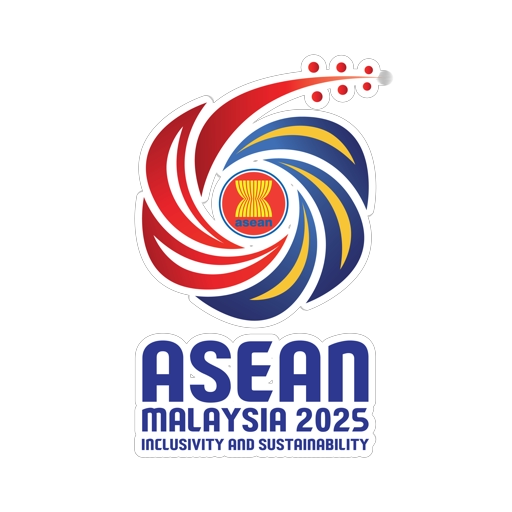ICBS 2025
Keynote Speaker
The ICBS 2025 Keynote Speaker session brings together a distinguished thought leader to share insights, innovations, and strategic perspectives that align with the conference’s central theme of advancing sustainability through research, collaboration, and impact-driven solutions

Prof. Ir. Dr. Muthia Elma
Professor in Chemical Engineering
Universitas Lambung Mangkura, Indonesia
Title: Borneo’s Water-Energy-Food Nexus in achieving the UN-SDGs through the Material and Membranes TechnologyThis study investigates the Water-Energy-Food (WEF) nexus in Borneo through the application of sustainable materials and membrane technologies, in alignment with the United Nations Sustainable Development Goals (UN-SDGs). The research focuses on integrating green technologies to address regional challenges in water treatment, renewable energy production, and sustainable food systems. Various water sources—including wetland saline water, peat water, seawater, river water, and industrial effluents such as textile wastewater, palm oil mill effluent, and tofu/noodle wastewater—were treated using membranes synthesized from organosilica, pectin, peat clay, polymers, and carbon from Nypa fruticans. These membranes demonstrated effective rejection of contaminants and high water flux. For instance, silica-pectin ultrafiltration membranes achieved over 84% UV₍₂₅₄₎ rejection in peat water, while organosilica multichannel membranes showed 99.8% salt rejection in brackish water. In the energy sector, reverse electrodialysis (RED) membranes were employed to generate electricity from natural salinity gradients between wetland saline water and seawater, offering a sustainable pathway for localized energy production. This approach has been supported by reactor designed by M2ReG that enhance RED performance and energy recovery. For food applications, biodegradable films were developed using hydrogen-rich extracts from water hyacinth, edible starch from sweet potatoes, and mulch films derived from ubi nagara. These materials were tested for mechanical stability and biodegradability, supporting sustainable food packaging and agricultural practices. Overall, this work presents a regional strategy integrating material and membrane innovations to enhance water security, promote renewable energy, and support sustainable agriculture. The findings contribute to a circular economy model that aligns with multiple UN-SDG targets, demonstrating the potential of local resources and green technologies in achieving sustainable development in Borneo.
Biography: Muthia received her master’s degree from Ecole Des Mines De Nantes – France and her PhD from School of Chemical Engineering, the University of Queensland- Australia. During her PhD, Muthia worked with two research topics (diffusivity in Coal Seams Gas and Water Desalination). She’s currently focusing on Membrane Technology and Derived Silica Membranes for Waste, Water and Wetland Water Treatment to develop her expertise in research and publication. She has secured $2.222 M USD for completing her projects including fabrication many varieties of membrane types and modules performed for many applications, such as waste water, acid mine drainage, wetland and wetland saline water and other water treatment and gas separation in accordance with her expertise. As a professor, she has several experiences in teaching (national and international), a researcher in LNG Company as well as a researcher in the University of Queensland. At present, she likes learning something new, work hard, teamwork and friendly as her character.
